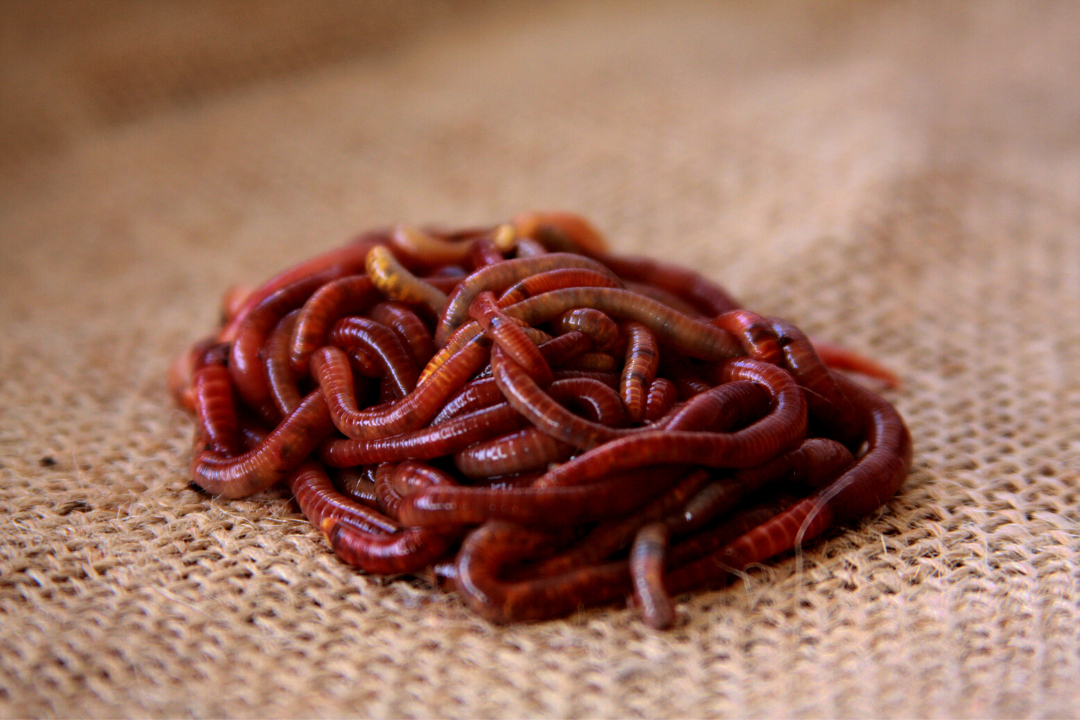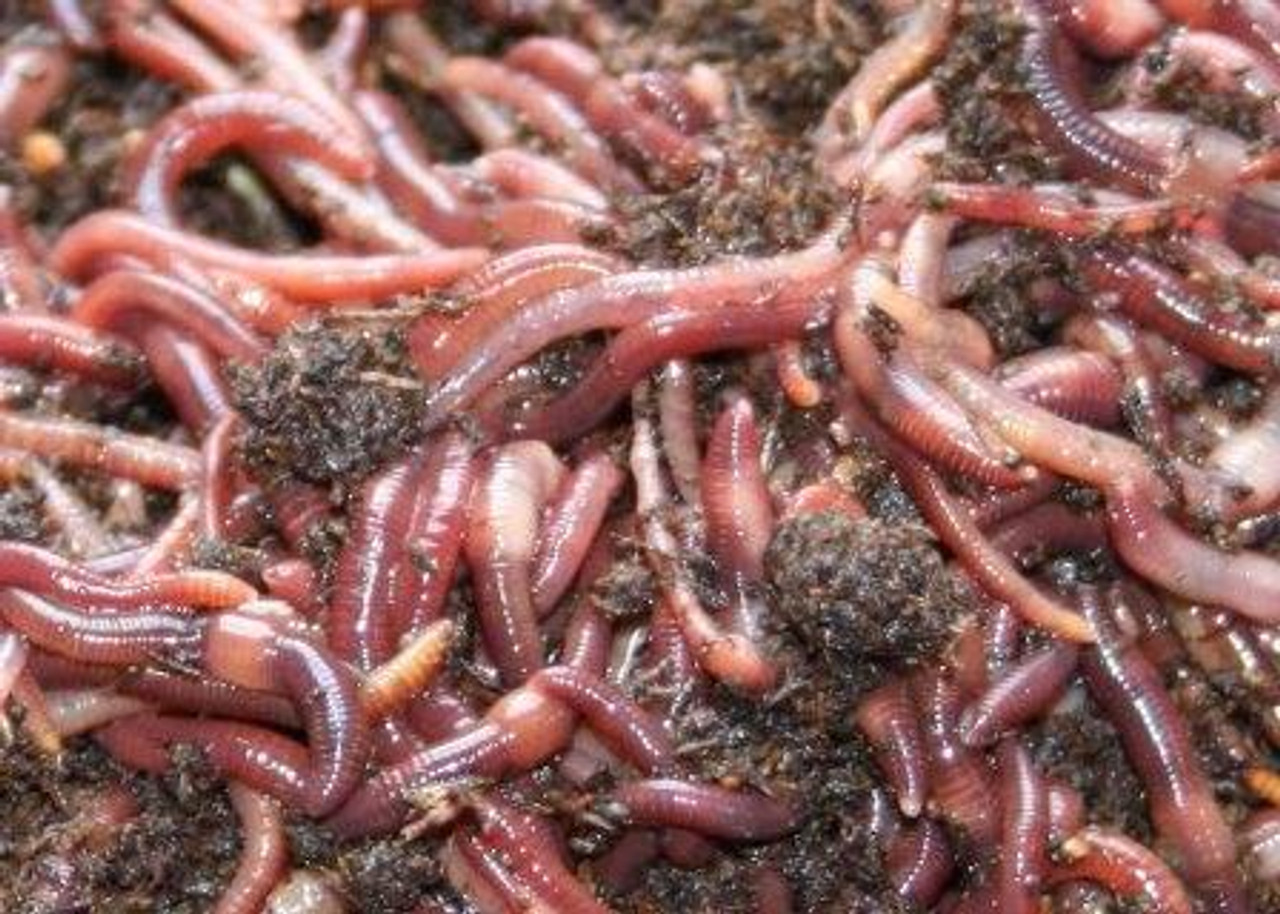Discover the Advantages of Shopping at Red Wiggler Express for Worms
Discover the Advantages of Shopping at Red Wiggler Express for Worms
Blog Article
Unlock the Secrets of Red Wigglers: Your Overview to Composting Success
The integration of red wigglers right into composting techniques provides a significant opportunity for boosting dirt health and wellness and promoting sustainability. Recognizing their demands and habits is important for optimizing their possibility, from establishing up a suitable worm bin to feeding them the appropriate materials.

What Are Red Wigglers?
(Red Wiggler Express)Red wigglers, clinically referred to as Eisenia fetida, are a varieties of earthworm mostly used in composting due to their impressive capability to decompose natural matter efficiently. These worms are identified by their reddish-brown coloration and a fractional body, normally measuring in between 3 to 4 inches in length. Unlike various other earthworm types, red wigglers flourish in abundant, organic environments, making them suitable for vermicomposting systems.
Native to The United States And copyright, they are frequently located in rotting fallen leaves and compost heap, where they play an important duty in nutrient recycling. Their adaptation to staying in a moist, cardio environment enables them to eat large amounts of natural waste, simplifying right into nutrient-rich spreadings that improve dirt health.
Red wigglers duplicate swiftly, with a single worm capable of producing a number of cocoons each week, each consisting of numerous hatchlings. Comprehending the biology and actions of red wigglers is important for optimizing their possibility in composting applications.
Benefits of Making Use Of Red Wigglers
Taking advantage of the power of red wigglers in composting provides many advantages that boost dirt wellness and advertise lasting waste monitoring. These impressive microorganisms successfully damage down raw material, changing cooking area scraps and backyard waste right into nutrient-rich vermicompost. This completed item is incredibly beneficial for plant development, as it boosts dirt framework, boosts wetness retention, and enhances nutrient availability.

(Red Wiggler Express)In addition, the visibility of red wigglers in your composting system can speed up the composting process, producing high-quality garden compost in a portion of the time contrasted to standard methods. The spreadings generated by these worms are likewise teeming with beneficial microbes that even more enrich the dirt community.
Establishing Your Worm Container
Developing an effective worm container is a straightforward process that can significantly improve your composting initiatives. Worm bins can be made from plastic storage space containers, wooden boxes, or readily available worm bins.
Next, prepare the bed linen product, which offers as the worms' environment. A mix of shredded newspaper, cardboard, and coconut coir works well, supplying a comfy setting for the worms.

Feeding Your Red Wigglers
To guarantee the health and performance of your red wigglers, it see post is crucial to supply them with a balanced diet that fulfills their dietary needs. Red wigglers thrive on a varied range of organic products, which not only provide needed nutrients but additionally advertise efficient composting.
Beginning by integrating kitchen scraps such as veggie peels, fruit cores, and coffee grounds. Stay clear of citrus fruits, onions, and garlic, as these can be damaging to worm health. In addition, introduce shredded paper, cardboard, and completely dry leaves to develop a well-aerated atmosphere.
Feeding frequency need to be kept an eye on; generally, worms can eat half their body weight in food weekly. It is essential to stay clear of overfeeding, as excess food can cause undesirable odors and bring in insects. An excellent practice is to include food in percentages, permitting worms to process it prior to introducing a lot more.
Maintaining wetness degrees is also crucial; the bedding ought to perspire but not soaked. Be certain to regularly inspect the temperature level and pH degrees of the bin to guarantee an ideal setting for your red wigglers, inevitably enhancing their composting effectiveness.
Harvesting and Making Use Of Compost
An effective composting process with red wigglers culminates in the rich, dark compost called vermicompost, which can significantly enhance dirt wellness and plant development. Collecting this nutrient-dense product normally happens every three to six months, depending on the size of your system and the quantity of natural issue being processed.
To harvest, gently different the garden compost from the worms and any type of undecomposed materials. One effective approach includes moving the contents of the container away and adding fresh bedding and food to the vacant area, motivating the worms to migrate. After a couple of days, the compost can be accumulated from the opposite side.
It is necessary to utilize vermicompost appropriately to maximize its advantages. By incorporating vermicompost right into your gardening program, you not just recycle natural waste but likewise create a successful ecosystem that sustains lasting gardening techniques.
Conclusion
In summary, red wigglers serve as outstanding allies in composting initiatives, changing natural waste right into nutrient-rich vermicompost. By understanding the optimal conditions for their habitat, feeding demands, and garden compost harvesting strategies, gardeners can enhance soil health and advertise plant vigor.
Report this page